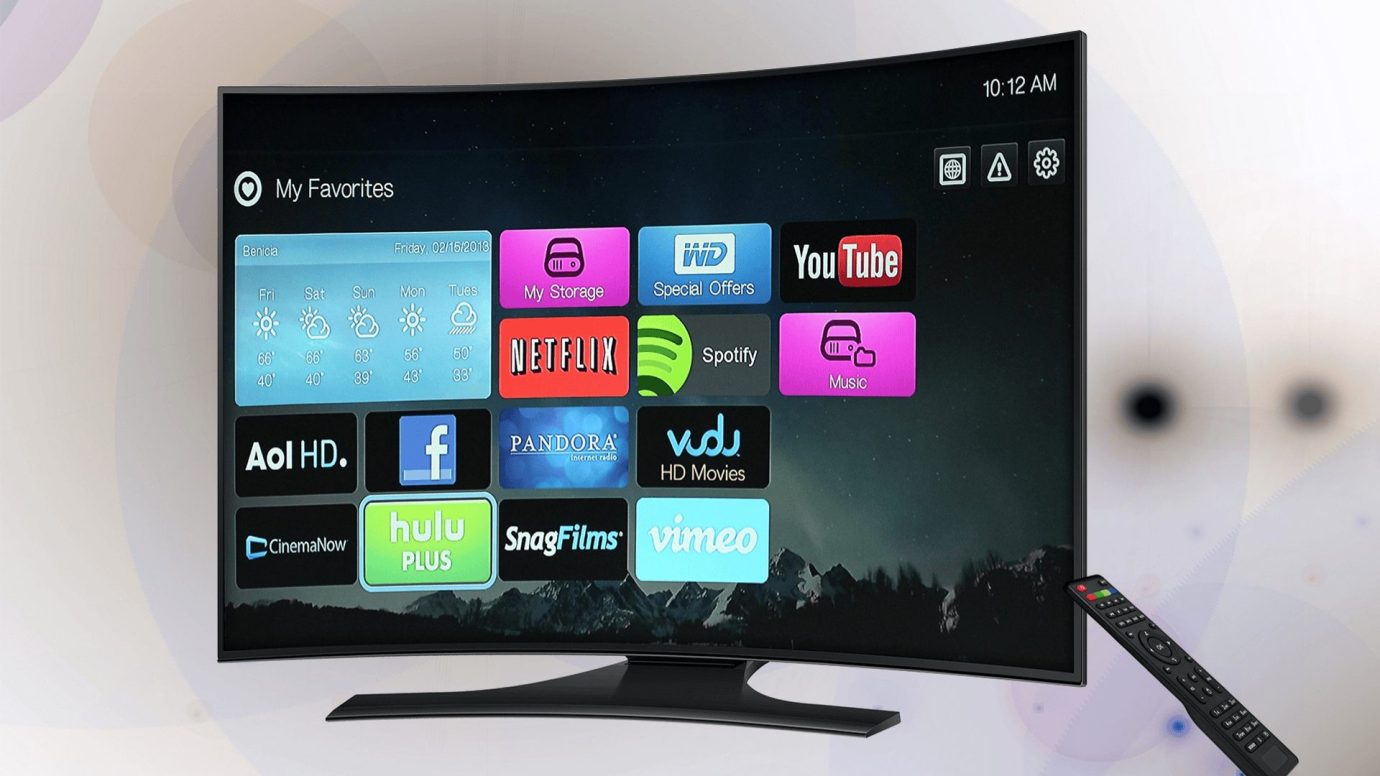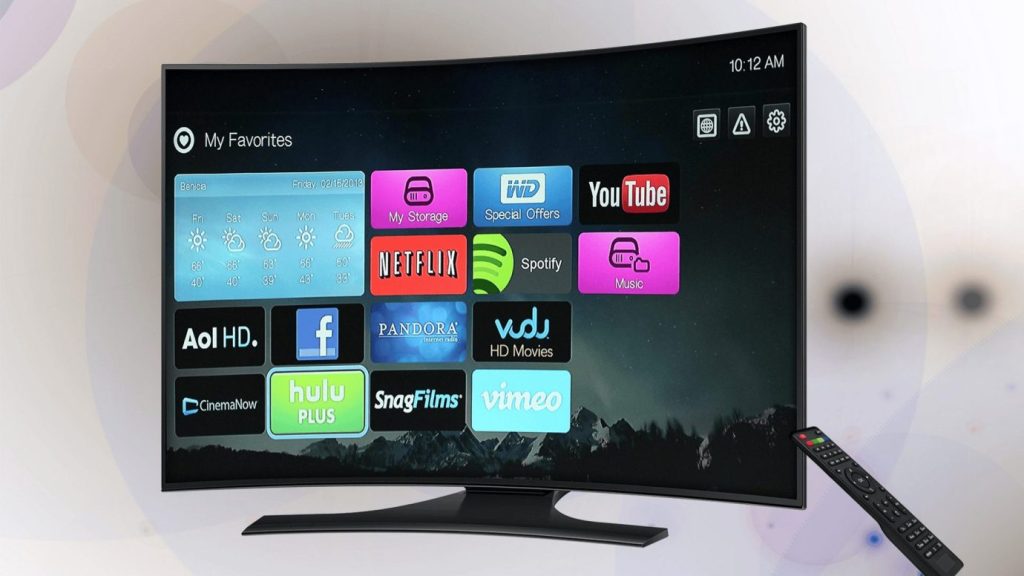In a rapidly evolving digital world, how we consume media has transformed dramatically. Traditional cable TV is fading, giving way to more flexible and cost-effective alternatives. One of the most revolutionary technologies leading this change is IPTV, or Internet Protocol Television. This powerful technology uses internet connections to deliver television content, opening up a world of on-demand entertainment and live TV without the limitations of satellite or cable infrastructure.
Whether you’re looking to save money, watch TV on your terms, or access global content from anywhere, IPTV offers an exciting solution. In this article, we’ll explore what IPTV is, how it works, its advantages, disadvantages, and why it’s becoming the preferred method of content delivery for millions of viewers.

What is IPTV?
IPTV stands for Internet Protocol Television, a system that delivers television content over internet networks instead of through traditional cable or satellite signals. This means users can stream live TV channels, movies, and shows on-demand using their internet connection.
Unlike standard streaming platforms like Netflix or YouTube, IPTV offers access to live TV broadcasts, including sports, news, and international channels, just like traditional TV services. However, IPTV provides more control and flexibility over what and when you watch.
How Does IPTV Work?
IPTV uses a broadband internet connection to transmit digital TV signals. Here’s a simplified look at the process:
- Content Acquisition
IPTV providers receive content from broadcasters and media producers. This can include live TV channels, video-on-demand (VoD), and catch-up TV. - Encoding & Compression
The content is encoded and compressed into digital format to make it streamable over internet protocols like HTTP, RTP, or RTSP. - Content Delivery Network (CDN)
The digital content is delivered via servers across a CDN, ensuring fast, reliable access to users across the globe. - User Access via App or Device
Viewers access the content using a compatible IPTV app or set-top box on their smart TVs, smartphones, tablets, or PCs.
Types of IPTV Services
There are several types of IPTV services, each catering to different viewing needs:
1. Live Television
This functions like traditional broadcast TV, streaming events and channels in real-time. Popular among sports enthusiasts and news watchers.
2. Video on Demand (VoD)
Users can choose from a catalog of movies or TV shows and watch them whenever they want. Think of it as a private digital movie library.
3. Time-Shifted TV
This feature allows users to view shows that were broadcast earlier. It’s perfect for those who miss their favorite programs.
Devices Compatible with IPTV
One of the greatest advantages of IPTV is its compatibility across a wide range of devices:
- Smart TVs (Samsung, LG, Android TV)
- Streaming Devices (Amazon Firestick, Roku, Apple TV)
- Mobile Phones & Tablets (iOS and Android)
- PCs and Laptops
- Set-top Boxes (MAG box, Formuler, etc.)
With the right IPTV app, you can turn any screen into a full-featured entertainment hub.
Key Features of IPTV
1. Global Access
Watch international channels, including those that might not be available through local cable providers.
2. Affordable Plans
Compared to satellite and cable subscriptions, IPTV services are often much cheaper, especially for international content.
3. HD and 4K Streaming
Enjoy crystal-clear picture quality with HD or even 4K streaming on supported channels.
4. Catch-Up and Playback
Most IPTV services allow users to rewind, pause, or replay previously aired content.
5. User-Friendly Interface
Modern IPTV platforms provide intuitive interfaces for browsing, searching, and organizing content.
Advantages of IPTV
1. Cost-Effective
Traditional TV subscriptions can be expensive, especially with added packages. IPTV offers an all-in-one solution at a fraction of the cost.
2. On-Demand Convenience
Choose what you want to watch and when. VoD eliminates the need to stick to rigid broadcasting schedules.
3. Multiscreen Viewing
Use multiple devices simultaneously. Watch different content on your phone while someone else uses the TV.
4. Extensive Content Selection
From local news to international sports and movies, IPTV offers access to thousands of channels and content categories.
5. No Need for Satellite Dishes
All you need is a stable internet connection. There’s no need for additional hardware like dishes or cables.
Challenges of IPTV
While IPTV has many benefits, it’s not without its drawbacks.
1. Internet Dependency
IPTV requires a high-speed, stable internet connection. Poor bandwidth can lead to buffering and interruptions.
2. Legality and Licensing
Not all IPTV services operate legally. Choosing a trusted provider ensures compliance with broadcasting laws.
3. Technical Setup
Initial setup can be slightly complicated for non-tech-savvy users, especially when dealing with set-top boxes or custom playlists.
4. Variable Quality
Not all IPTV providers offer the same level of quality. Some may lack HD streams, regular updates, or customer support.
How to Choose the Right IPTV Provider
With countless IPTV services available, it’s essential to pick one that suits your needs. Here are a few things to consider:
1. Content Variety
Ensure the service offers the channels and categories you’re interested in—sports, movies, news, and more.
2. Video Quality
Look for providers offering HD or 4K quality streams, especially if you have a high-resolution TV.
3. Device Compatibility
Make sure the service is accessible on your preferred devices—smart TVs, smartphones, tablets, or PCs.
4. Free Trial Option
A trial period lets you test the service before committing. This is a good sign of a reliable provider.
5. Customer Support
Responsive support helps with setup, troubleshooting, and general queries.
Legal Aspects of IPTV
It’s crucial to understand the legal landscape surrounding IPTV. While IPTV technology itself is legal, some providers offer pirated content without proper licensing. Using illegal IPTV services can result in legal consequences, including fines and service termination.
Always choose a reputable and licensed provider to ensure compliance with regional broadcasting regulations.
Setting Up IPTV at Home
Here’s a simple step-by-step guide to setting up IPTV on a smart device:
- Choose a Provider
Subscribe to a reliable IPTV service that suits your budget and content preferences.
- Download an IPTV App
Install a compatible app such as Smart IPTV, IPTV Smarters, or GSE Smart IPTV.
- Enter Your Playlist
The provider will give you an M3U playlist or Xtream Codes API, which you input into the app.
- Customize and Enjoy
Browse, sort, and customize your channels. You’re now ready to start watching.
Is IPTV the Right Choice for You?
If you enjoy flexibility, global content, and affordability, IPTV could be the perfect replacement for traditional television. However, it’s important to weigh the pros and cons, especially around legality and internet requirements.
People who travel frequently, live in remote areas, or want access to foreign TV channels often find IPTV to be invaluable. As long as you have a stable internet connection, the world of television is literally at your fingertips.
The Future of IPTV
The IPTV industry is growing fast. With the rising demand for on-demand content and mobile viewing, IPTV services are expected to become even more advanced and accessible.
Innovations like AI-based recommendations, voice control integration, and cloud-based DVR are already making their way into the market. In the coming years, IPTV may completely replace traditional cable TV, much like streaming did for DVDs.
As 5G internet becomes widespread, the quality and speed of IPTV will only get better, allowing ultra-high-definition and interactive content experiences with minimal lag or buffering.
Conclusion
IPTV is no longer a futuristic concept—it’s here, and it’s transforming the way we watch television. With its wide range of content, cost-effectiveness, and on-demand flexibility, IPTV is a smart choice for modern viewers looking to cut the cord on traditional services.
For a premium viewing experience and a reliable IPTV service, consider checking out IPTV subscription today. Whether you’re a movie lover, sports fanatic, or just someone tired of cable bills, IPTV is your gateway to better entertainment.

Peyman Khosravani is a global blockchain and digital transformation expert with a passion for marketing, futuristic ideas, analytics insights, startup businesses, and effective communications. He has extensive experience in blockchain and DeFi projects and is committed to using technology to bring justice and fairness to society and promote freedom. Peyman has worked with international organizations to improve digital transformation strategies and data-gathering strategies that help identify customer touchpoints and sources of data that tell the story of what is happening. With his expertise in blockchain, digital transformation, marketing, analytics insights, startup businesses, and effective communications, Peyman is dedicated to helping businesses succeed in the digital age. He believes that technology can be used as a tool for positive change in the world.









